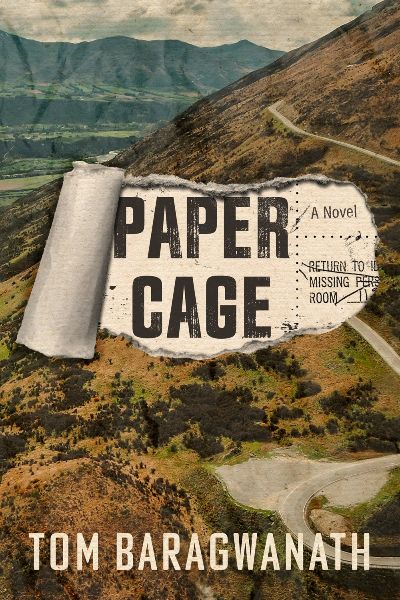Rural New Zealand police records clerk Lorraine (Lo) Henry isn’t supposed to get involved in cases. But when children in her town start to disappear, and it’s clear that she knows more than the officers about local families and goings on, and cares more than her colleagues do, the big-city cops who’ve been deployed ask her to step in. It’s not a popular move, but Lo is determined, especially after her nephew becomes one of the missing. Complicating the investigation is town politics that pits poorer Maori residents against white or “Pakeha” ones. Family histories, the drug trade, and gang activity also muddy the case and keep Lo busy (“everything feels pushed together like too much washing in the machine”) as she doggedly tries to find the children. Things move fast but reach calamitous speed in the last quarter of the book, a gripping showdown leading to a last line that won’t leave a dry eye. Baragwanath’s language throughout just won’t stop with a verisimilitude that deeply immerses readers in small-town life and this particular town’s warmth, sadness, and terror. Paper Cage won the Michael Gifkins Prize for best unpublished novel by a New Zealand author and has been shortlisted for both the Ned Kelly Award for Best International Crime Fiction and the New Zealand Ngaio Marsh Award for Best First Novel. It’s no wonder.
288
previous post
Kill for Me, Kill for You
next post

